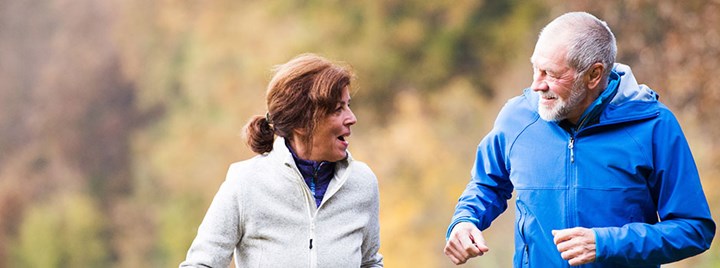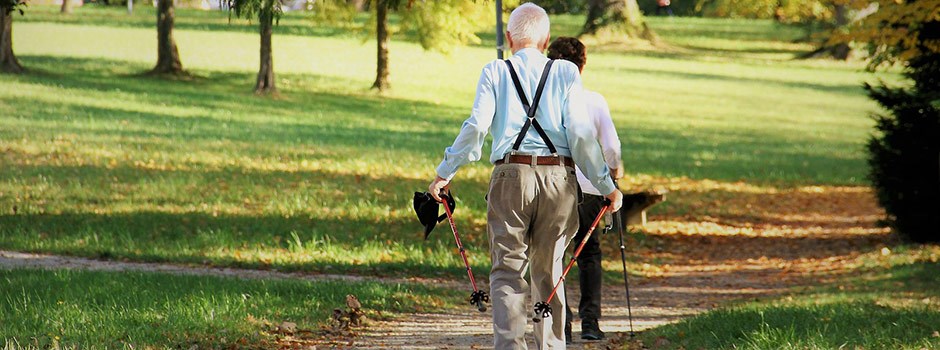Successful ageing

At the research school on Successful Ageing, we develop theories on ageing and opportunities for the ageing, and explain them from a contemporary Nordic perspective.
Örebro University’s strategic initiative on Successful Ageing currently consists of two graduate research schools focusing on interdisciplinary collaboration between the university’s three faculties:
In the Successful ageing, graduate school research is being carried out on ageing and the opportunities offered by successful ageing. We are developing theories on Successful ageing and relating them to a contemporary Nordic perspective. The graduate school is international with 18 doctoral students from several different countries. The PhD students spend four years on their own research while part of the programme’s graduate school.
The Newbreed PhD programme is partly financed by the EU Horizon 2020 programme, Marie Skłodowska-Curie Actions, Co-funding of Regional, National and International Programmes (MSCA COFUND). During 2018, 16 international doctoral students were hired from 14 different countries.
News about Successful ageing
-
Good hearing and vision can boost brain function in older people

As we age, our cognitive abilities deteriorate – it becomes increasingly difficult to remember, orient ourselves in time and space, and solve problems. However, good hearing and vision positively impact cognitive abilities in older adults.
-
New research shows a link between inflammatory bowel disease and joint problems

There is a strong connection between inflammatory bowel disease (IBD) and spondyloarthritis – a condition that causes pain and stiffness in the joints. The risk is particularly high among patients with Crohn’s disease and those who were diagnosed with...
-
Older people rarely get diagnosed and treated – despite signs of ADHD

Adults with ADHD run a higher risk of developing a number of age-related conditions – dementia, high blood pressure and type 2 diabetes. At the same time, very few adults are today given the diagnosis ADHD, despite symptoms. As shown by Maja...
-
EU awarding Örebro University status as ‘European University’

Örebro University is one of nine European universities that together form the alliance NEOLAiA. Now, the EU Commission has awarded NEOLAiA status as a ‘European University’ and, along with it, funding of EUR 14.4 million in total.

